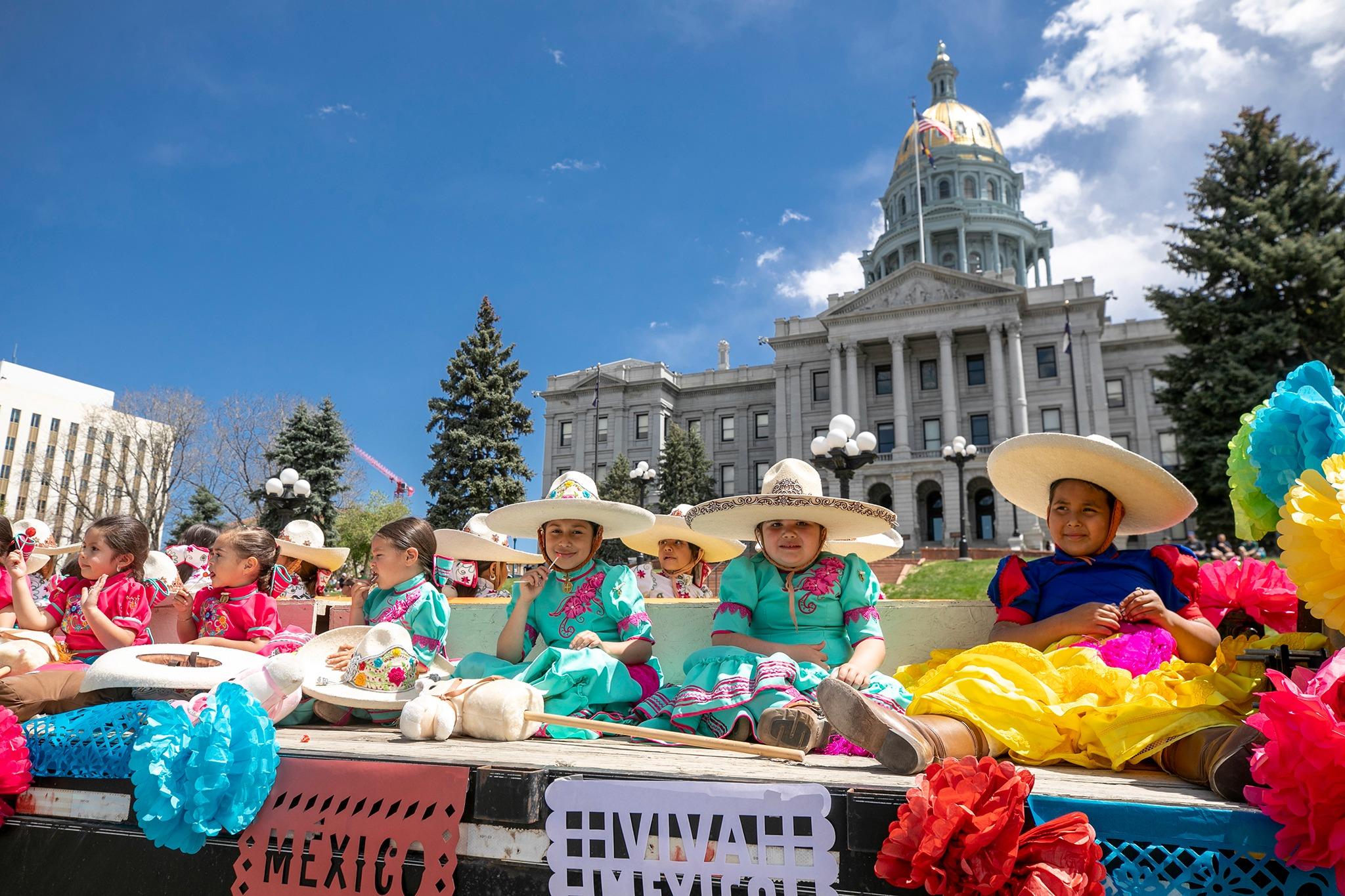
Colorado’s Latino population grew 77 percent in the past quarter-century, trailing the national growth rate, which doubled over the same time period, according to a new Pew Research Center report.
The DC-based think tank found that between 2000 and 2024, Colorado’s Latino population climbed from 736,000 to 1.3 million now.
“I guess we are 20 percent of the population now,” said Nicki Gonzales, History professor and vice provost at Regis University and former Colorado state historian. The US population of Latinos in 2000 was just above 35 million people.
How does that compare to the rise nationally? It’s not even close. The population of Latinos in the US is just about twice as large as it was a quarter-century ago, climbing from 35.3 million in 2000 to 68 million in 2024, according to the report published in October, called Key Facts about US Latinos.
“That’s almost doubling of the Hispanic population,” said Mark Hugo Lopez, Director of Race and Ethnicity Research and the Center.
According to the center’s data, the vast majority of Colorado’s Hispanic population — more than two-thirds – has origins in Mexico. Not surprising, based on the history of US colonizers acquiring Colorado from Mexico, according to Lopez.
“In the case of Colorado, Colorado was one of the places where there were Spanish settlers and of course of Mexican presence,” Lopez said, adding that the Treaty of Guadalupe Hidalgo, at the end of the Mexican American War, is a key factor: land once part of Mexico now makes up southwestern states of Utah, Nevada, Arizona, California, New Mexico and Colorado.
“The treaty … gave those people who are Mexican citizens … [it] made them US citizens,” he said.
The Hispanics in Colorado who are not of Mexican descent are still sizable, according to Gonzales.
“What used to be a predominantly Mexican-American population here in Colorado is now incredibly diverse,” Gonzales said.
After Mexican-descended Coloradans, the next largest population of Hispanic/Latino people in Colorado self-define as Spaniards. They number 4 percent, according to the Pew report.
After Spaniards, the remaining groups of Hispanics in Colorado aren’t very large. Puerto Rican, Salvadoran, Guatemalan, Colombian, Venezuelan and Cuban rank at between 1.1 and 3.3 percent and the remainder got lumped together as “other,” at 16.1 percent.
Colorado’s Hispanics are mainly home-grown
The report also found in the area of nativity, about 4 in 5 of Colorado’s Latinos were born in the U.S. — and the remainder, about 21 percent, immigrated to Colorado. Nationwide, the percentage of Hispanic immigrants is a little higher, with 31 percent of Latinos having immigrated to the US from another country.
Colorado has more Hispanics than 44 states and came in eighth among states with the largest Hispanic populations. The state with the most Hispanics is California, counting almost 16 million, followed by Texas, with 12 million, Florida, with half that many at 6.2 million; New York, with almost 4 million; and Illinois, Arizona and New Jersey, tallying between 2 and 2.5 million each. Colorado has 1.3 million, not too many more than Georgia and North Carolina, states that round out the top 10 with 1.2 million Hispanics each.
Voting
A recent report from the Colorado Latino Agenda (CLA), a statewide research initiative that publishes research about the Latinx population in Colorado and was led by Voces Unidas and Colorado Organization for Latina Opportunity and Reproductive Rights (COLOR), found that 67 percent of Latino voters in Colorado disapprove of President Trump’s job performance.
If the midterms were held today, Hispanic voters said they wouldn’t back him; instead, more than half — 55 percent — would throw their support to Democrats, according to the poll.
Alex Sanchez with Voces Unidas, one of the groups that sponsors the poll, says Latinos tend to support those whose policies work for them, party labels notwithstanding.
“We will support whomever delivers real progress on jobs, on housing, on health care and, yes, on immigration reform,” Sanchez said.
The poll found that for Latinos surveyed, the biggest and most concerning issues included cost of living, affordability, and immigration arrests in US cities.
Gonzales said local politicians will need to adapt to the demographics of about one in every five people in Colorado being Hispanic people, “who bring various experiences and belief systems and cultural backgrounds to the voting booth.” The Hispanic population is now large enough to hold some sway in elections, “and politicians ignoring that,” she added, “do so at their own detriment.”









